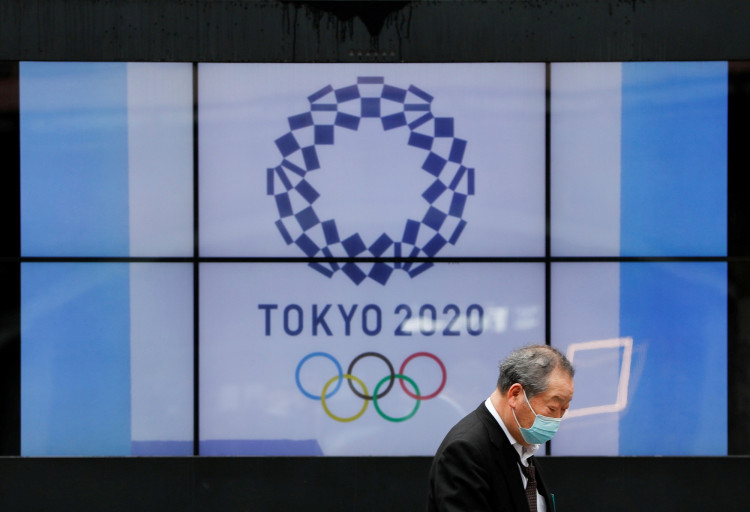Tokyo Olympics organizers have agreed to ban spectators from the events under a Covid-19 state of emergency.
"We reached an agreement on no spectators at venues in Tokyo," Japan's Olympics Minister Tamayo Marukawa said.
Sports ruling bodies voiced disappointment with Olympic organizers' decision to prohibit spectators from the July 23-Aug. 8 Tokyo Games, but acknowledged Japan's need to take extreme measures to combat the spread of the virus.
A resurgent coronavirus led Japan to impose a state of emergency in the capital that would last throughout the Olympic Games.
Prime Minister Yoshihide Suga said that it was critical to keep Tokyo, where the extremely infectious Delta variant of the virus was spreading, from becoming a hotspot for new infections.
People will also be requested not to throng on public roadways for events such as the triathlon, however, officials said some locations outside the greater Tokyo metropolitan region would allow a limited number of spectators.
The sport's governing body, World Athletics, said that athletes had become accustomed to competing in sparsely populated venues, but that they would have loved to see "noisy fans" in Tokyo.
"This is disappointing for everyone," World Athletics said in a statement. "We, of course, need to listen to, and abide by, the decisions that individual countries make because this virus is impacting countries and regions differently and they have access to all the information and the science.
The showpiece event, once viewed as an opportunity for Japan to establish itself on the global stage following a catastrophic earthquake 10 years ago, was postponed by the pandemic last year and has been plagued by massive expense overruns.
For weeks, medical experts have argued that having no spectators would be the least dangerous option, amid growing public concern that an influx of thousands of athletes and officials will result in a new wave of infections.
Tokyo on Wednesday reported 920 coronavirus cases, the most since May.






